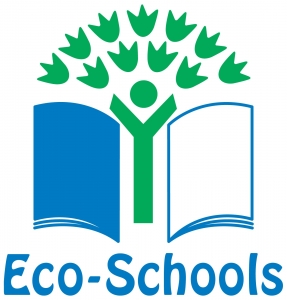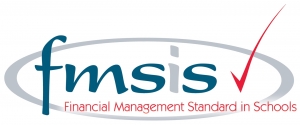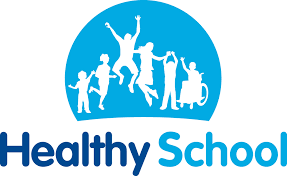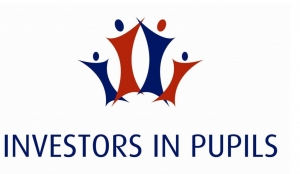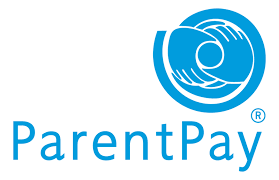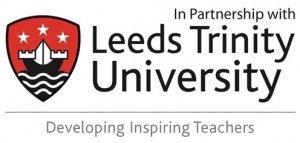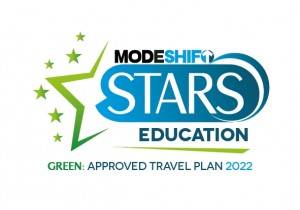More in this section...
Welcome to the English Department
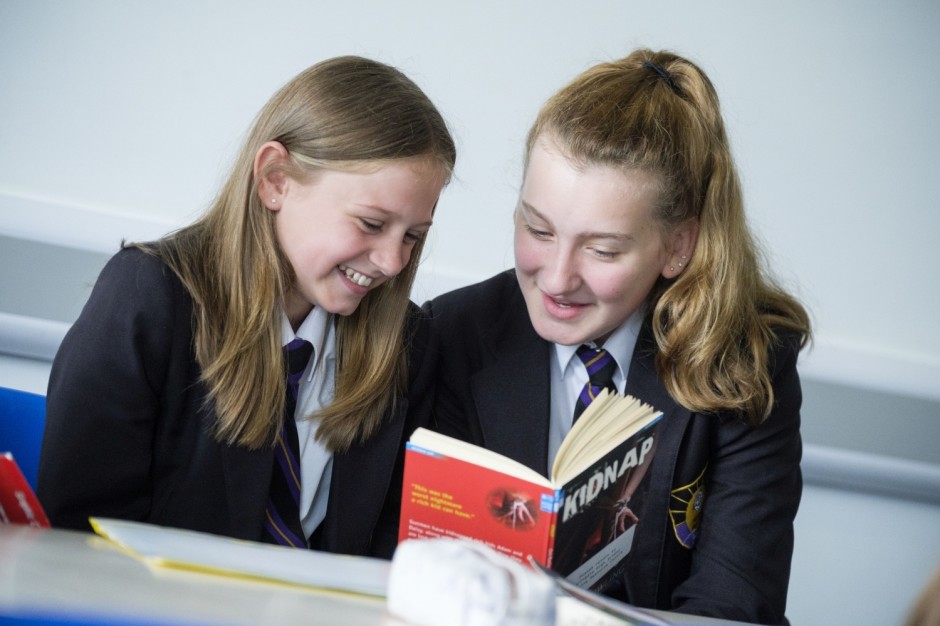
We are a committed, enthusiastic and successful team of experienced and well-qualified teachers of English. We firmly believe in equal educational opportunities for every child. We are a friendly, supportive and inclusive team of colleagues and regularly enjoy extra-curricular events, trips and activities with our students.
Vision and Curriculum Intent
The English curriculum will offer students a wide variety of challenging full texts which will be read in depth to enhance knowledge and promote skills for reading for pleasure. Students will become critical and literary experts with the confidence to make inferences and comparisons across texts using evidence to support their ideas. Students will be exposed to difficult vocabulary to allow strength and detail in a wide range of writing purposes. The English curriculum is dedicated to prepare students for the rigours of academic study plus prepare students for many differing opportunities, responsibilities and experiences of later life.
Subject Definition
The English Department at Harrogate High School prides itself that through its English Language provision, we forge linguistic keys that unlock the whole curriculum and a life and love of learning.
English Literature allows the students at Harrogate High School to explore what it is to be human and the human condition, through Character Education and the study of a wide range of literary texts.
Subject Staffing
Learning Director of English: Ms M Fenton
Joint Second in English: Mrs S Tabor
Teacher of English and Assistant Head: Mrs R Avery
Teacher of English: Ms K Bridgett
Teacher of English and Geography: Mr J ColemanTeacher of English: Mr A Hayes
Teacher of English: Mrs J Rees
How English Links to our CARES Values
All texts studied enable focus on our whole school CARES values: Courage, Aspiration, Respect, Equality and Self-Control, giving rise to appropriate discussion opportunities which take place in classrooms where a climate of emotional safety has been established. Any study of Shakespeare, with his unparalleled treatment of the vagaries of human nature, offers excellent scope to discuss our CARES values within a literary framework.
How English Links to British Values
The breadth of study within English means that overt links can be made to the British values which we promote through our VMG programme. The benefits of qualities such as respect and tolerance are regularly explored as a range of texts are discussed and, where appropriate, clear links can be made about the need for these values in a well-rounded and fulfilled individual.
Key Stage 3 Overview
At key stage 3, each year of study is designed with a scholarly focus which provides opportunities for considered cross-text analysis and literary cohesion. These are: Journeys of Discovery, Outsiders and Identity and Voices. We want to explore big ideas such as: discovery, identity, morality, exclusion, class, gender, prejudice, oppression, empowerment and culture. We want students to enjoy reading and debating their different issues with an increasing analytical and critical voice. We explore a range of texts from Shakespearean, mythological and allegorical texts, paintings, blogs and adventure diaries, news articles, political speeches, seminal cultural texts, Gothic novels, plays and poems.
Key texts and areas of study:
- Frankenstein
- Greek Myths and Legends
- Travel Writing
- The Tempest
- Romantic Poetry
- Macbeth
- Jane Eyre
- Of Mice and Men
- The Merchant of Venice
- The Strange Case of Dr Jekyll and Mr Hyde
- A range of poetry and non-fiction texts linked to each area of study
Assessment: There are no external exams during KS3 however all units of work include assessed pieces, recording progress in reading, writing and speaking and listening.
Course Length: 3 years
Progression to: All students progress to study GCSE English Language and GCSE English Literature
Extra-Curricular Activities: Intervention activities to support all topics and all students, for example EAL support, Lego Club and after school classroom intervention.
Key Stage 4 Overview
The English Department delivers a blended study of GCSE English Language and English Literature courses over two years. Our curriculum is designed to inspire, challenge and motivate all students through the study of the best that has been thought and written by British writers through the ages.
GCSE English Language (AQA)
Course Overview: The main elements of the GCSE English Language course require that students can read with understanding, write effectively, and speak publicly with confidence. Students will be able to demonstrate a confident control of standard English and write grammatically correct sentences, deploying figurative language and analysing texts.
Key Areas of Development:
- Reading and understanding 20th and 21st century fiction and literary non-fiction texts;
- Crafting and writing their own creative prose;
- Reading and understanding 19th century non-fiction texts;
- Crafting and writing their own persuasive texts for impact;
- Oracy through their own presentations and speeches.
Key Areas of Study:
- 20th and 21st century literature texts;
- Descriptive and narrative story-telling, in response to images and titles;
- 19th, 20th and 21st century non-fiction texts;
- Analysis of writers’ methods;
- Comparative analysis of writing across time;
- Persuasive and polemical speeches and writing;
- Presenting information and ideas in speech and writing.
Assessment: The course is assessed by two external exams, and NEA as follows:
Paper 1 Explorations in Creative Reading and Writing (1 hour 45 minutes 50%)
- Section A 21st century literature reading study: questions on an unseen prose fiction text;
- Section B Creative prose writing in response to an image or story title prompt.
Paper 2 Writers’ Viewpoints and Perspectives (1 hour 45 mins 50%)
- Section A 19th and 20th/21st century literary non-fiction comparative reading study: questions on two unseen non-fiction texts;
- Section B Persuasive or polemical writing in response to a given statement;
NEA – Non-Examined Assessment
- Spoken Language one formal presentation or speech
Unweighted.
Progression to: A significant number of students go on to take English Language or English Literature at A level and to study English at degree level. This opens the door to many careers such as journalism, law, teaching, business management and public relations.
GCSE English Literature (AQA)
Course Overview: GCSE English Literature requires students to read, analyse and evaluate a wide range of classic literature by British writers including poetry, prose and drama.
Key Areas of Development:
- Reading a wide range of texts with understanding;
- Developing conceptual and contextualised responses to poetry, prose and drama texts;
- Analysing and comparing writers’ methods.
Key Areas of Study:
- Poetry from 1780 to the present day; including poems from the Power and Conflict section of the AQA Poetry Anthology
- Post 1914 prose, including The Lord of the Flies (William Golding);
- 19th century prose, including A Christmas Carol (Charles Dickens);
- Shakespeare, including Romeo and Juliet
Assessment: The course is completely assessed by two external exams as follows:
Paper 1 Shakespeare and The 19th century novel (1 hours 45 mins 40%)
- Section A Shakespeare (Romeo and Juliet);
- Section B 19th century prose (A Christmas Carol).
Paper 2 Modern Texts and Poetry (2 hours 15 mins 60%)
- Section A Post 1914 prose/drama (Lord of the Flies);
- Section B Poetry Anthology - a comparison of two poems;
- Section C Unseen poetry from the 20th and 21st century - two questions on unseen poems, one of which involves comparison.
Progression to: A significant number of students go on to take English Literature at A level and to study at degree level. Any career for which an Arts based degree is required should be considered, including teaching, journalism, law and also further academic study.


